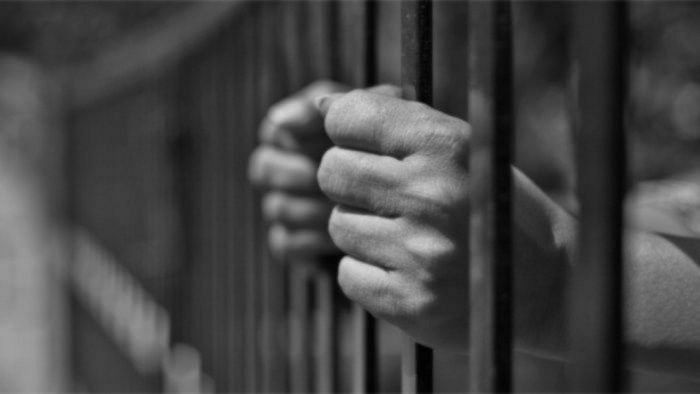
Two Indian-origin men jailed in London for smuggling drugs.
Credit: iStock Photo
London: Two Indian-origin men have been sentenced to a total of 34 years' imprisonment in Britain after a London trial found them guilty of smuggling drugs hidden amid farm produce from Africa and South America.
Anand Tripathi, 61, and Varun Bhardwaj, 39, were also convicted of evading import duty payable on cigarettes which came hidden alongside biscuits from Chennai, Bombay Mix snacks from Mumbai and coconut fibre used to manufacture doormats from Sri Lanka.
The UK's Crown Prosecution Service (CPS) said the scheme involved the pair using their freight company as a cover to clear shipping containers that held drugs and cigarettes and diverting them from their intended destination to a warehouse they controlled. These illicit shipments were then offloaded by organised crime groups.
"These two men played vital roles in trying to flood UK streets with huge quantities of illegal drugs," said Richard Partridge from the CPS, following the sentencing at Isleworth Crown Court in west London last week.
"This conspiracy was only made possible by Anand Tripathi’s experience in importation and customs clearance, and Varun Bhardwaj’s willingness to assume day to day management of their operation. There were clearly others involved in the scheme who haven't yet been identified but this successful operation and their substantial sentences serves as a warning that authorities in the UK work together to disrupt and prosecute smugglers," he said.
The duo was convicted in November after a 71-day trial when the jury heard that in total the men imported 272.86 kilograms of cocaine and 2,503.36 kilograms of cannabis across four shipments between September 2021 and November 2022.
One shipment contained just over two tonnes of cannabis hidden amongst yams from Ghana. Another containing 49 kilograms of cocaine was concealed with oranges from South Africa. The drugs had an estimated street value of GBP 28.9 million but were all seized before they could be sold on and later destroyed by police.
"The amount seized over a 13-month period goes to show the significant involvement these individuals had in bringing commercial amounts of drugs into the UK," said Detective Chief Inspector (DCI) Paul Fisher of the South West Regional Organised Crime Unit, behind the investigation.
"By working closely and collaboratively with our partner agencies this organised crime network has been dismantled and vast quantities of drugs destined for our streets have been eradicated. These are two very serious criminals who I’m glad to see have been given substantial sentences to reflect the magnitude of their offending,” he said.
When police searched Bhardwaj’s home in Hounslow, west London, they found a one-kilogram packet of cannabis in a cupboard under the stairs valued at GBP 10,000. He claimed it had fallen out of a shipment while it was being unloaded and he was “keeping it as evidence”.
On Friday, he was sentenced to 19 years in prison for importing cocaine and cannabis and evading duty payable on cigarettes and also possession of cannabis and failing to disclose a PIN number to a mobile phone. His accomplice Tripathi was sentenced on similar charges for 15 years.
Both were also sentenced for not paying GBP 9,774,220 in import duties and VAT on 18.6 million cigarettes they smuggled, separate from the drug imports. The drugs and cigarettes were seized on different dates at English ports including Portsmouth, Felixstowe and London Gateway.
The police investigation uncovered previous shipments which had been seized by UK Border Force during routine searches of containers at the docks. The trial was told that by setting up shell companies, Tripathi and Bhardwaj tried to remain at arm’s length from police and avoid detection until a bungled delivery to Somerset, south-west England.
In April 2022, the pair failed to divert one container which instead went to a farm in Somerset in April 2022. The farmer found plastic covered blocks of cocaine with a street value of GBP 15 million hidden amongst animal feed from Colombia. He was not sure what the items were but told police he had seen “similar packages on films and tv programmes which were drugs”.